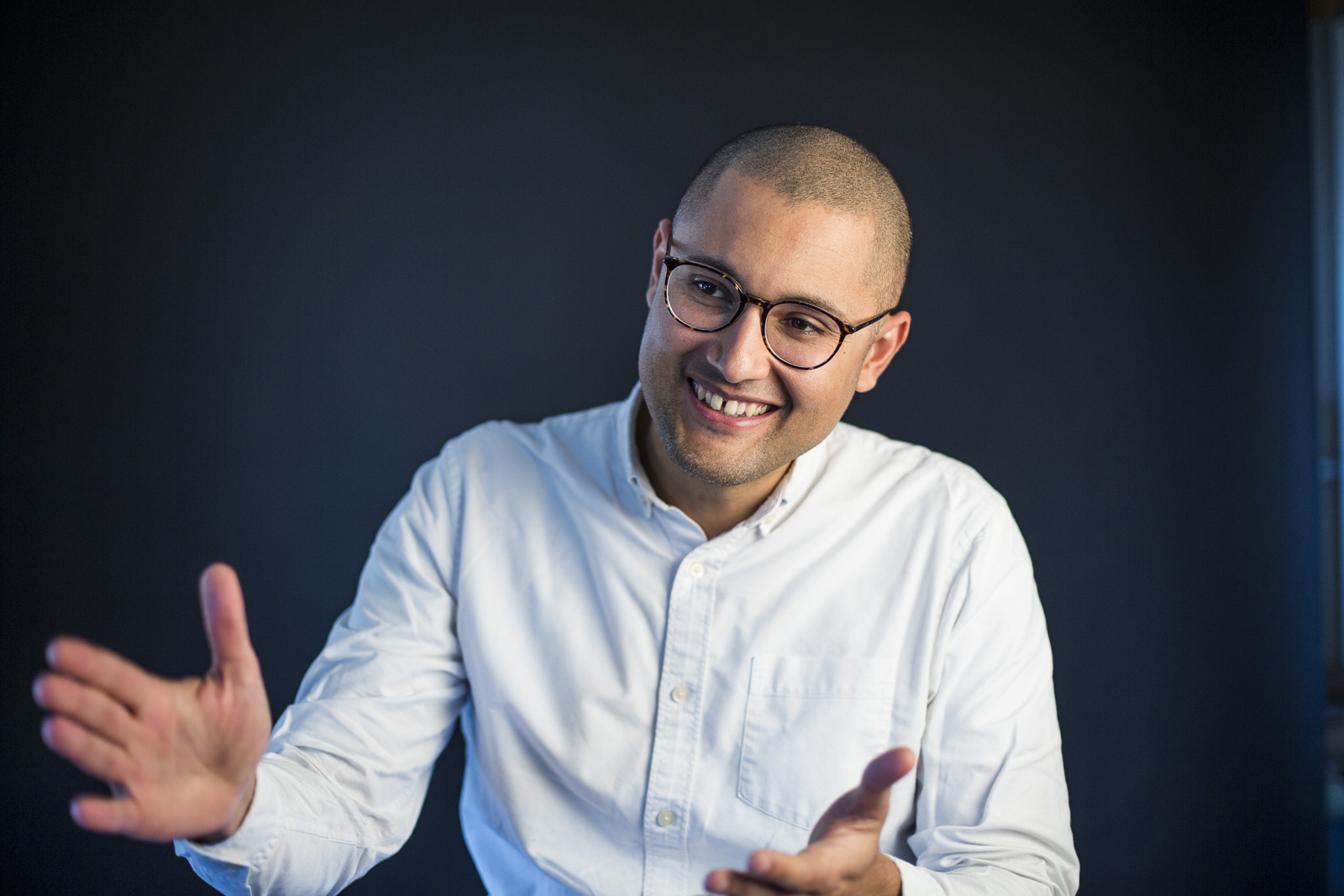"Mathematics is the best language we have to describe nature"
Marcelo Dias is a newly appointed associate professor at the Department of Engineering at Aarhus University. He researches into mechanical metamaterials and soft matter physics and he has a penchant for slightly more unconventional areas within engineering science, such as the wondrous patterns of nature.

The technology of the future will be developed at the interface between the worlds of physics and engineering science. This is where we will invent new materials, new machines and new constructions, and where we will find new ways to put things together. This is where we can leap over millions of years of evolution by mimicking the subtle solutions of nature to solve the major problems facing humanity today.
This is the interface where Marcelo Dias conducts his research. Marcelo is a newly appointed associate professor at the Department of Engineering at Aarhus University, and his research investigates slightly unconventional and yet relevant questions for engineering sciences.
For example, why the human foot looks the way it does, how quirky patterns form spontaneously throughout nature, and how the Japanese art of paper folding, origami, can be applied to engineering solutions.
These are all linked to physics and mechanics and have potential applications for the technology of the future.
"Basically, what I’m doing is trying to find out why the world looks and works the way it does. With mechanics we are able to quantitatively understand the mechanisms in nature. It’s all about the relationship between forces and geometries and how geometry determines mechanical behavior. Causal relationships: action and reaction. And the key to it all is mathematics. Nature is beautiful and complex and it has always surprised me that we are able to understand it. Mathematics is the best language we have to describe nature and then release its potential for new technologies," he says.
Marcelo Dias was born and raised in Brazil near São Paulo. He took a master’s degree in physics from the University of São Paulo and then moved to the USA, where he got his PhD in physics at the University of Massachusetts, Amherst.
After his PhD, he worked as a researcher on a broad range of topics in Mechanics at Brown University School of Engineering, Aalto University and the Nordic Institute for Theoretical Physics. He has contributed to fundamental questions in mechanics of soft matterials as well smart designs of foldable and deployable structures.
He spent one year as an Assistant Professor of Physics at James Madison University in the USA and, in August of 2017, he begun a tenure-track Professorship in mechanical engineering at Aarhus University.
For Marcelo Dias, fundamental research and mathematics are important aspects of modern science and long-term investments are crucial for society, he points out:
"There’s room for anyone to think deep about things and deliver long-term goals. As a society, we need to continue to concern ourselves with that we can do, rather than only what we can fix. If we don’t invest in discovering the technology of the future, society would stagnate and we’ll still be fixing the nuts and bolts of the past when the future finally arrives," he says.
As well as researching and teaching engineering students in mechanics, Associate Professor Marcelo Dias is the degree programme head for master’s engineering students.
Contact
Associate Professor Marcelo Dias
Aarhus University
Mail: madias@eng.au.dk
Tel.: +45 93508876
